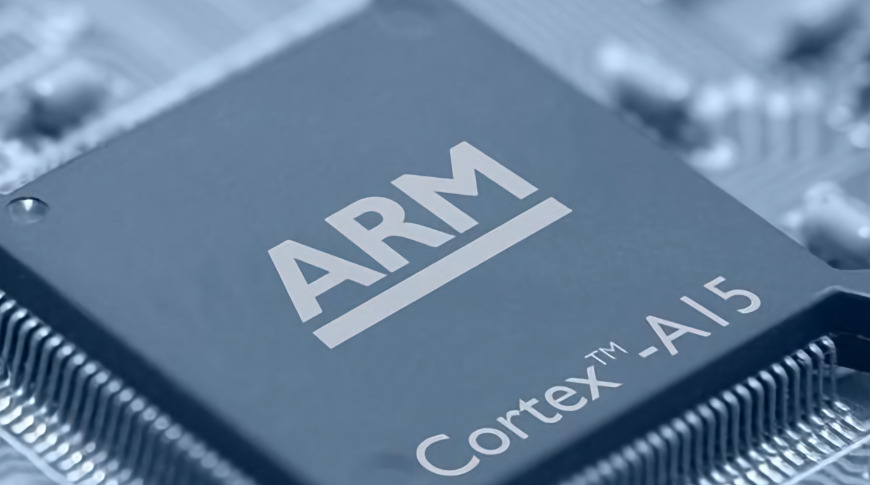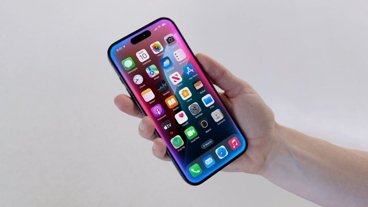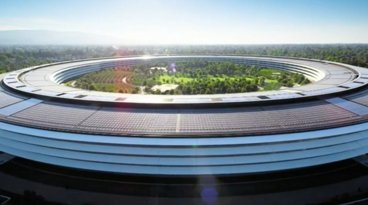Softbank and Nvidia are reportedly close to making a deal over the sale of ARM Holdings, one that could be finalized in the next week and could see the British chip design firm handed over for more than $40 billion.
Nvidia and Softbank have been in talks for several weeks over the matter, with initial murmurs of a sale or IPO of ARM by Softbank in July followed later in the month by the two entering "advanced talks." Over a month later, the two sides are apparently getting very close to closing a deal.
According to people familiar with the talks speaking to the Wall Street Journal, a deal could be made early next week, so long as it doesn't hit a sudden roadblock. As to the value of the deal, it is expected to be a cash and stock transaction that would be for more than $40 billion.
For Softbank, the deal would be beneficial as it would make a considerable profit. The Japanese communications giant acquired ARM in 2016 for $32 billion, which would mean Softbank will have earned at least $8 billion in profit over four years from the acquisition.
It is claimed Softbank CEO Masayoshi Son has been working on the deal with a small team of executives, including ARM CEO Simon Segars, CFO Yoshimitsu Goto, Vision Fund CEO Rajeev Misra, and Vision Fund executive Akshay Naheta.
Initial reports on a possible sale of ARM alleged Apple was approached for potential bid, which apparently reached preliminary talks but stalled. As Apple licenses the ARM chip architecture used in its A-series SoCs, it seemed plausible for Apple to have an interest, but report sources suggested it would be a poor fit with the rest of the company's business structure.
A purchase of ARM by Nvidia would give the graphics chip producer access to more patents and intellectual property to enhance its own offerings, as well as giving itself more of an opening to move deeper into processor sales. However, the deal may hit regulatory hurdles, as ARM licenses its technology to many other companies, including Apple, AMD, Intel, and Qualcomm, and Nvidia's control over a vital license that its competitors need would raise questions by critics if the deal goes through.
 Malcolm Owen
Malcolm Owen




-xl-m.jpg)


-m.jpg)






 Wesley Hilliard
Wesley Hilliard
 Christine McKee
Christine McKee
 Amber Neely
Amber Neely
 William Gallagher
William Gallagher


 Mike Wuerthele
Mike Wuerthele









25 Comments
Too many legal land mines in this sale. An IPO would be better and keep things out of court.
I don't imagine that Apple has concerns one way or the other. Apple is likely at a point where they have in house capability and have licensed necessary IP to create their own proprietary ISA, while also large enough to create the design and validation tools needed to fab at TMSC, or whomever.
I would prefer that ARM reside in Japan or the UK, and not Taiwan, simply for National Security reasons.